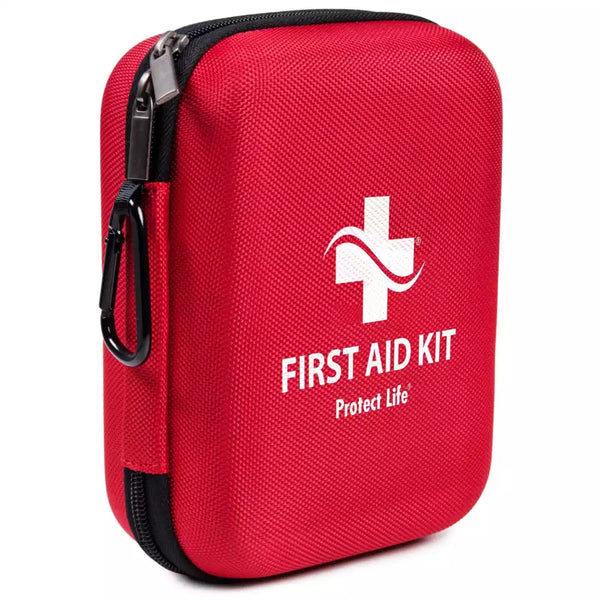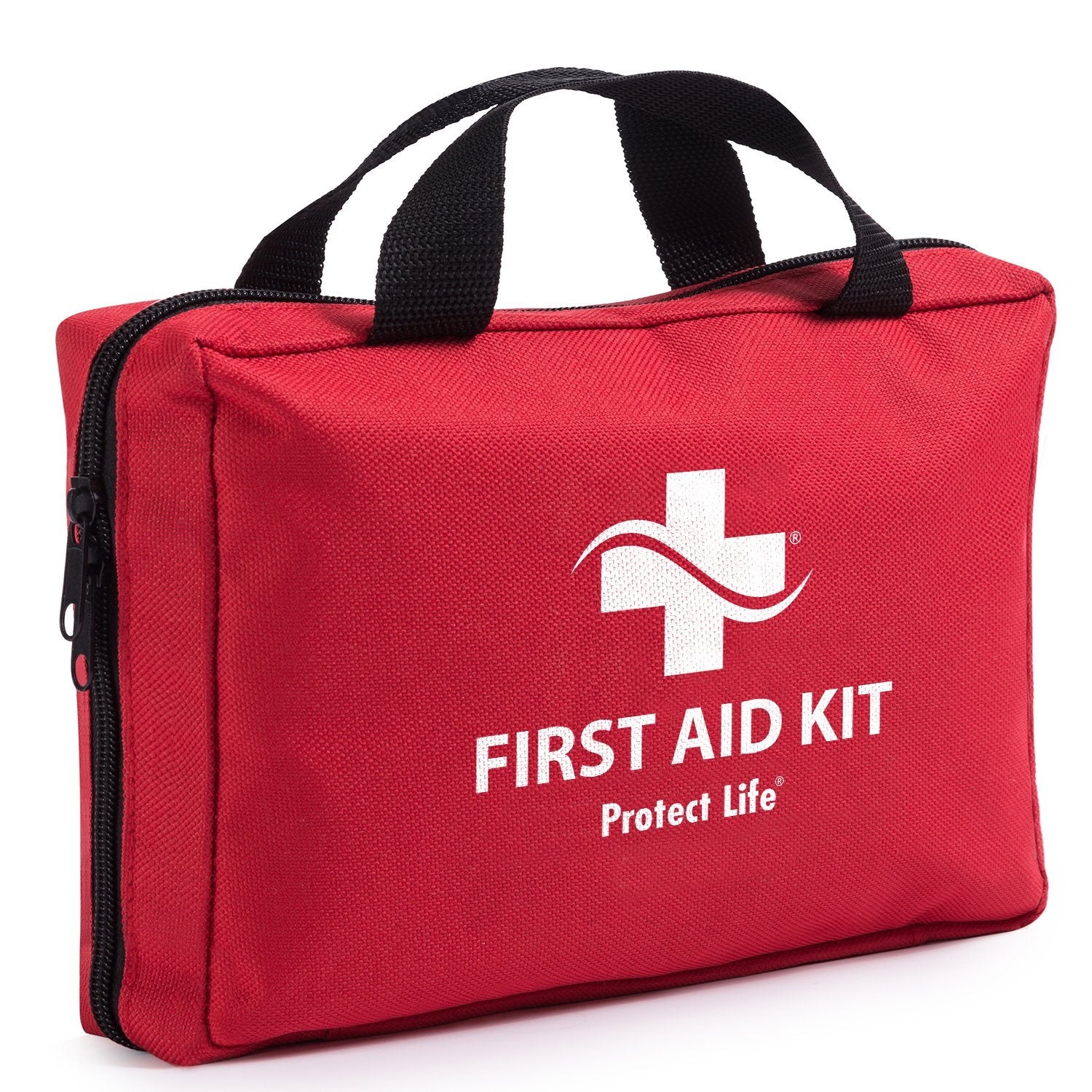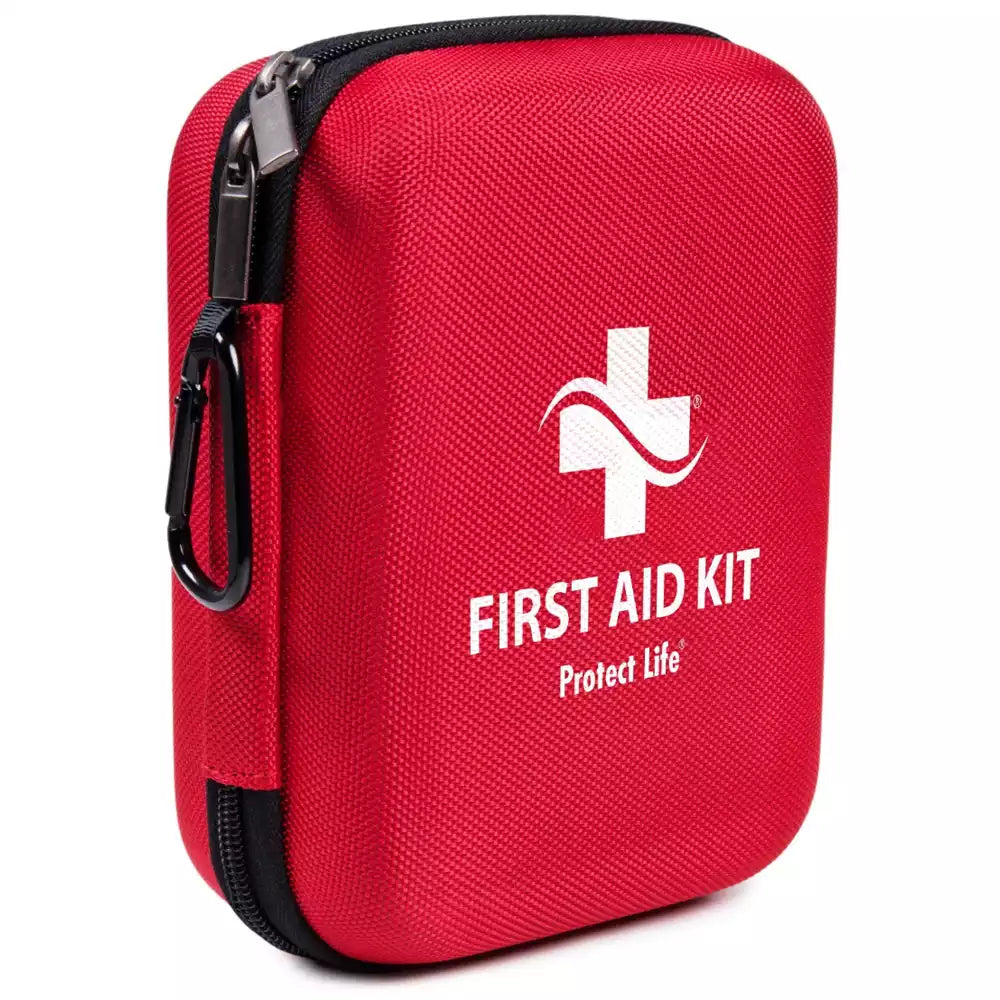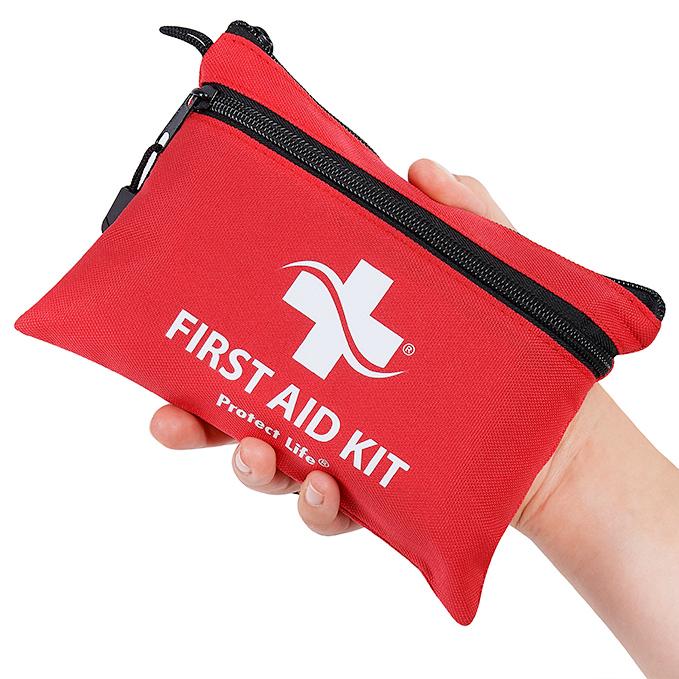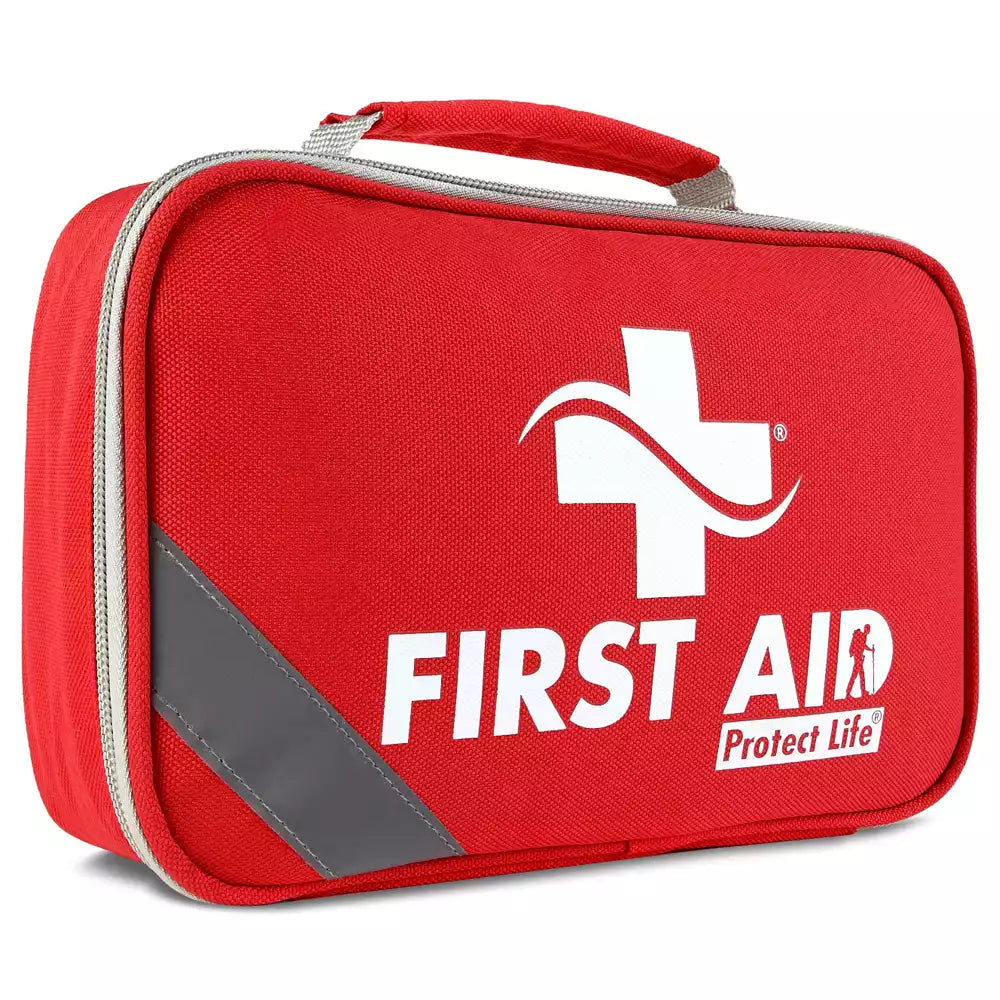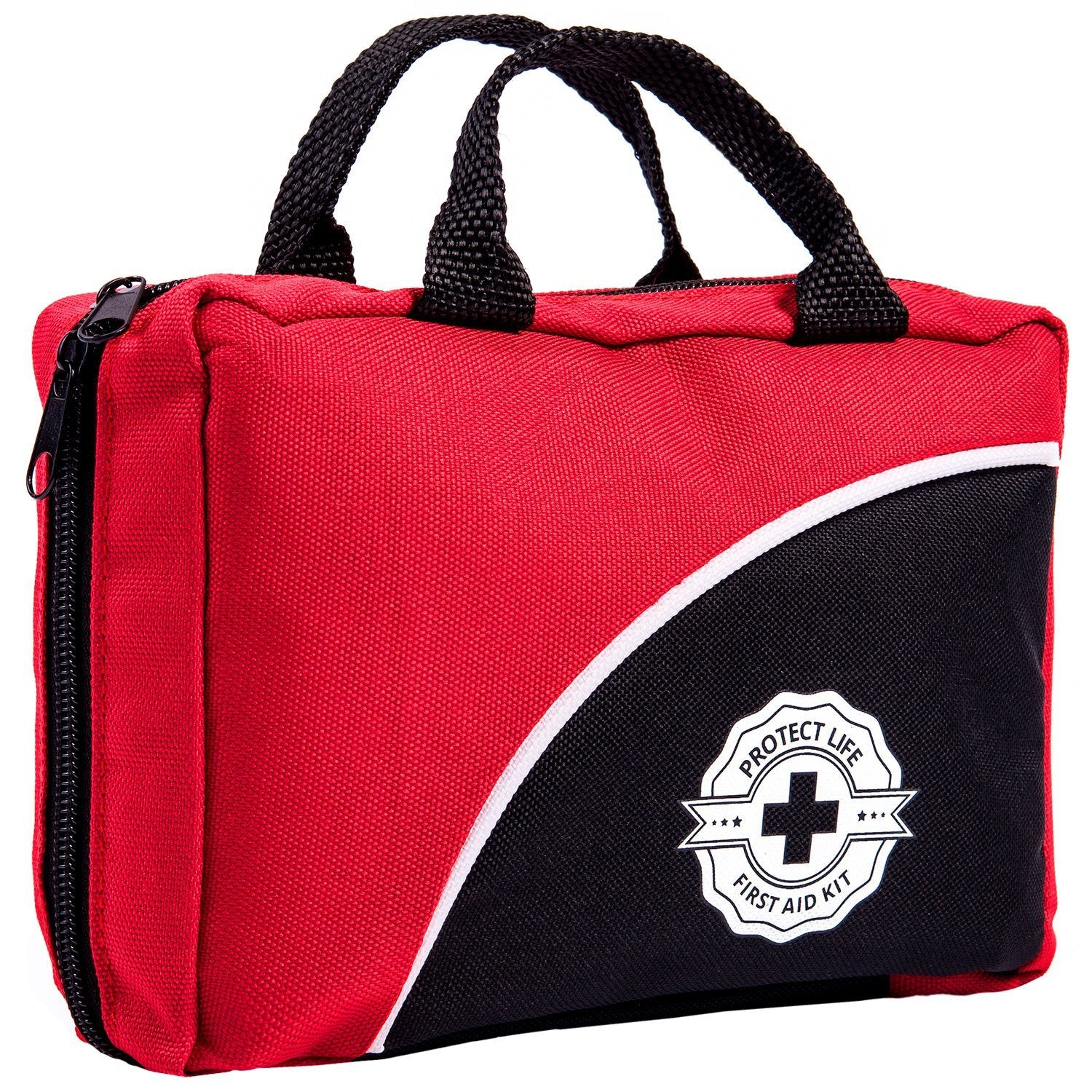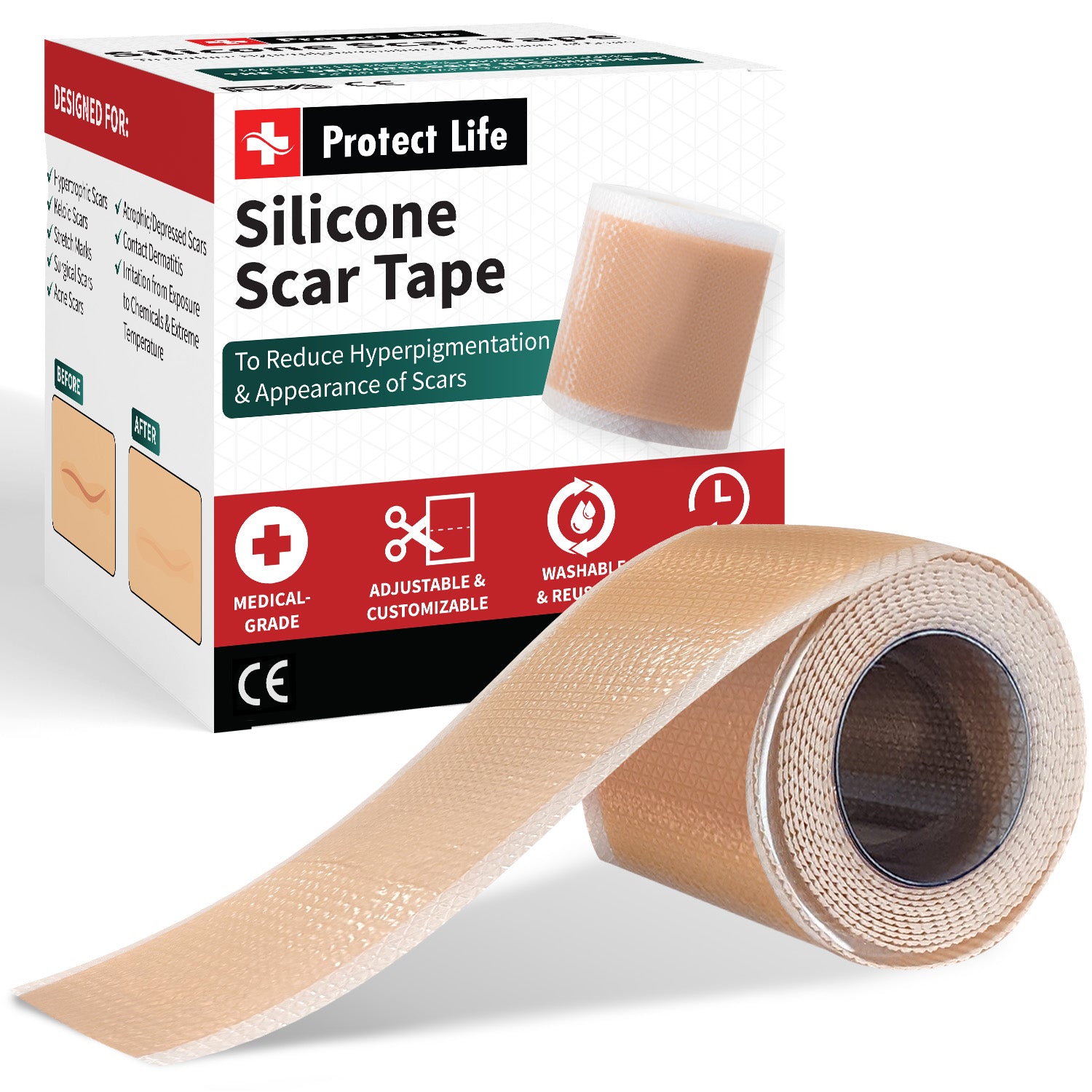N95 respirator Masks are different?
With the threat of COVID-19 still present, it’s imperative that we observe safety precautions as we go about our day-to-day activities to protect ourselves and others from virus transmission. These precautions include frequent handwashing, maintaining social distancing, and wearing the right type of mask when going out in public.
Respirator masks can provide a high level of protection from hazardous airborne particles, vapors, and gases. There are different types of respirator masks, each having their unique advantages. It’s important to be aware of their distinctions so you would know which one is appropriate for a given setting.
The Different Types of Respirator Masks
Even before the pandemic, respirator masks have already been used in various situations, like when air quality is very poor or when it’s required in certain workplaces by the law.
Broadly speaking, there are two types of respirators: reusable and disposable. Under each general type are subtypes, each with their own filtering properties.
Reusable Respirator Masks
This type of respirator is typically used in work environments, where the wearer may be exposed to multiple elements. Reusable masks come in the form of half-masks or full masks, with which you need to attach filters and cartridges. These cartridges and filters can provide protection against particulate matter or gases and vapors and must be replaced on schedule or as needed.
Half-masks
These cover the lower half of your face, including the nose and mouth.
Full masks
These cover most parts of the face, including the eyes, nose, and mouth. Because of this, it can replace the need for safety glasses.
Do keep in mind that both half-masks and full masks need to be equipped with appropriate cartridges or filters to be useful. To ensure good performances, it’s recommended to use cartridges from the same manufacturer as the masks. Cartridges also vary in terms of elements they provide protection against, so make sure to check them carefully first before using.
Disposable Respirator Masks
Also known as filtering facepieces and particulate respirators, these masks are lightweight and require no maintenance, since they are meant to be discarded after they have reached the end of their service life. They provide protection against inhalation of particulate matter.
There are three distinct groups of disposable respirators—the R-series, the P-series, and the N-series. For each classification, there are three levels of protection: 95, 99, and 100.
R-Series
The R-Series masks are used when there are oil vapors present in the air. They can provide protection against liquid and solid aerosol particulate matter that may contain oil. However, they are certified for only up to 8 hours of service life, which makes them the least commonly used among the three kinds of disposable respirators.
P-Series
As with the R-Series, the P-Series masks can protect users from oil-based pollutants present in the air, whether they come in the form of liquid or solid aerosol particles. However, these masks have a substantially longer 40-hour service life. Of course, their continued use is contingent on their condition. If they’re showing damage or there are detectable resistances in breathing, then these should be disposed immediately.
N-Series
The N-Series masks are the most commonly used type of disposable respirators. Unlike R-Series and P-Series masks, these do not provide protection from oil present in the air. What they can do is help guard users against airborne particles and liquids. There’s no specific service life for N-Series masks, and you can decontaminate and reuse them for a few times, following guidelines from the Centers for Disease Control (CDC).
Why Use N95 respirators Masks
Among the different types of disposable respirators, the N95 respirator Masks are recommended for protection against the coronavirus. This is because N95 respirator masks not only meet all the requirements for use in a healthcare setting, but they can also be sanitized and reused a few times, if necessary.
In contrast, the R- and P-Series masks have a limited service life, which means that you would have to keep on replacing them constantly. Also, those that may offer more protection and better durability, like the P100, are more expensive.
General Precautions When Using N95 respirator masks
While N95 respirator masks may provide sufficient protection from exposure to infectious respiratory illnesses, they must be used properly to be fully effective. Here are some of the guidelines that should be observed when using N95 respirator masks:
- Wear the mask properly so that it forms a tight seal around your nose and mouth.
- N95 respirators masks may be decontaminated and reused but only if they still fit, have an accepted filtration performance, are free from contamination and soiling, and don’t show any signs of damage. Otherwise, dispose of the mask and acquire a new one.
- Perform hand hygiene before and after touching or adjusting your N95 respirator masks. Follow the 20-second rule in handwashing or in disinfecting your hands with rubbing alcohol or alcohol-based sanitizers.
- Avoid touching the inside of the respirator. If accidental contact is made, dispose of the mask immediately.
- If used in the presence of aerosol generating procedures, the mask should be discarded after.
- When discarding used N95 respirator masks, put them in a plastic bag before throwing them into the trash. Wash your hands thoroughly after handling used masks.
- People with chronic medical conditions and/or who have difficulty in breathing should check with their health care provider before using N95 respirator masks, as these may make breathing even more difficult.
Some models of the N95 respirator masks have exhalation valves to make breathing easier and to reduce heat and moisture build-up, but these are not recommended for use during the pandemic. Because of the presence of the valve, the wearer may still transmit the virus if they have it.
Stay Protected with Genuine N95 respirator masks

For any type of disposable respirator mask, it’s important that they are NIOSH-approved by the National Institute of Occupational Safety and Health (NIOSH). The appropriate markings should be visible on the mask itself and must not bear any typographical errors. Counterfeit N95 respirator masks are prevalent, and while they may be less expensive, they’re also less effective in providing necessary protection against viruses.
When buying N95 respirator masks, be sure to source them from reliable sources. Protect Life contains products that are manufactured in FDA-registered facilities. Composed of doctors and CPR instructors, the team behind Protect Life believes in taking care of their customers. This translates to products that meet the highest standards of excellence.
Keep yourself and your loved ones safe. Order here for genuine, premium quality N95 respirator masks for sale.

